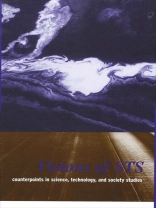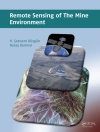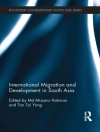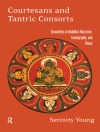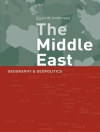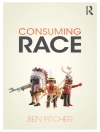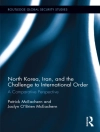Maps interconnections between science, technology, and society in order to understand both benefits and costs.
Visions of STS brings together the views of ten leading scholars to clarify the nature of Science, Technology, and Society Studies and point toward future developments. The interdisciplinary field of STS maps out the interconnected relationships among science, technology, and society in order to better understand both the innumerable benefits as well as problematic challenges. This book, rather than presenting science and technology as autonomous entities, analyzes each contextually as societal-mediated processes that reflect cultural, political, and economic values. It contains four basic programmatic essays that deal with technological determinism, the social constructivist view, STS and policy information, and the issue of interdisciplinarity. Visions of STS also stresses more specialized perspectives of work, education, and public policy analysis, and challenges the way STS itself is pursued. Taken together, these essays offer an exciting and unusually broad overview of STS.
表中的内容
Introduction: The Visionary Challenges of STS
Part I. General Perspectives
1. Where Technological Determinism Went
Langdon Winner
2. Understanding Technological Culture through a Constructivist View of Science, Technology, and Society
Wiebe E. Bijker
3. Three Perspectives in STS in the Policy Context
Lars Fuglsang
4. Making Disciplines Disappear in STS
Susan E. Cozzens
Part II. Applications
5. An STS Perspective on Technology and Work
Rudi Volti
6. Science-Technology-Society and Education: A Focus on Learning and How Persons Know
Robert E. Yager
7. STS from a Policy Perspective
Albert H. Teich
Part III. Critiques
8. STS on Other Planets
Richard E. Sclove
9. Gender: The Missing Factor in STS
Eulalia Perez Sedeno
10. Postmodern Production and STS Studies: A Revolution Ignored
Wilhelm E. Fedpucker, S.J.
Bibliography
Index
关于作者
Stephen H. Cutcliffe is Director of the Science, Technology, and Society Program at Lehigh University and coeditor of Technology and the West and Technology and American History. Carl Mitcham is Professor of Liberal Arts and International Studies at Colorado School of Mines and author of Thinking through Technology: The Path between Engineering and Philosophy.
